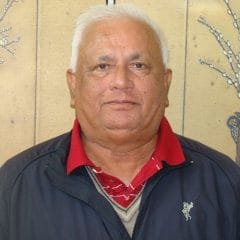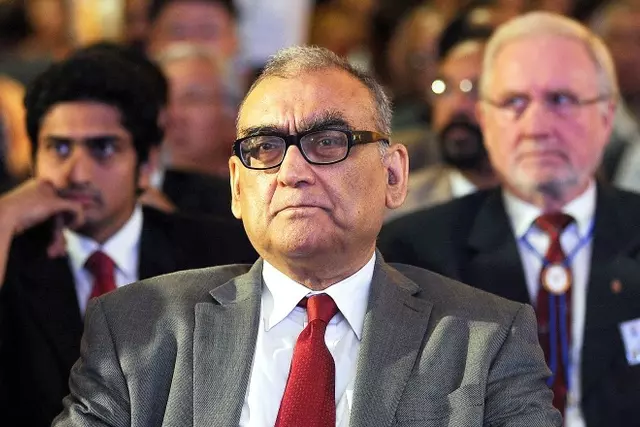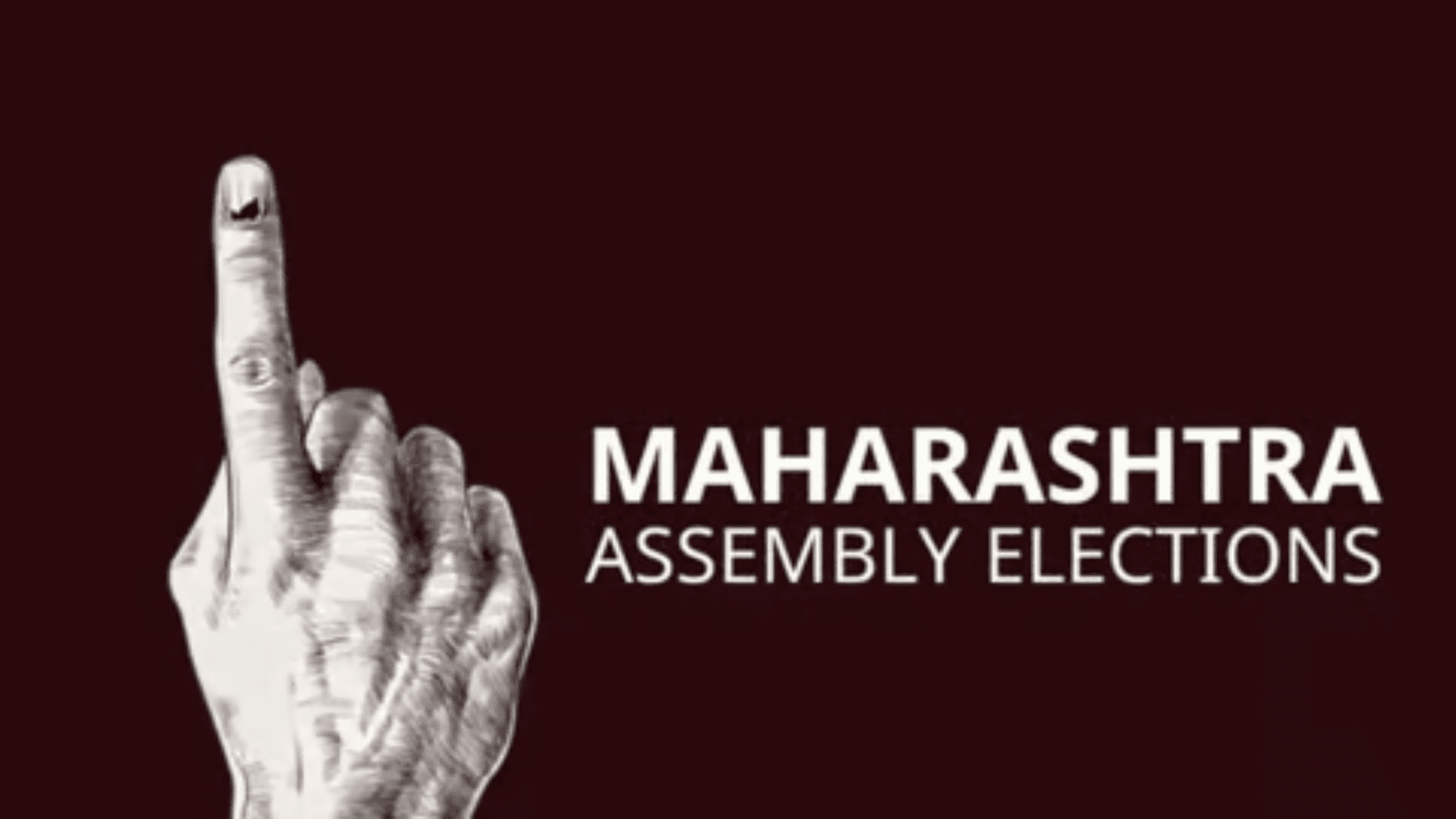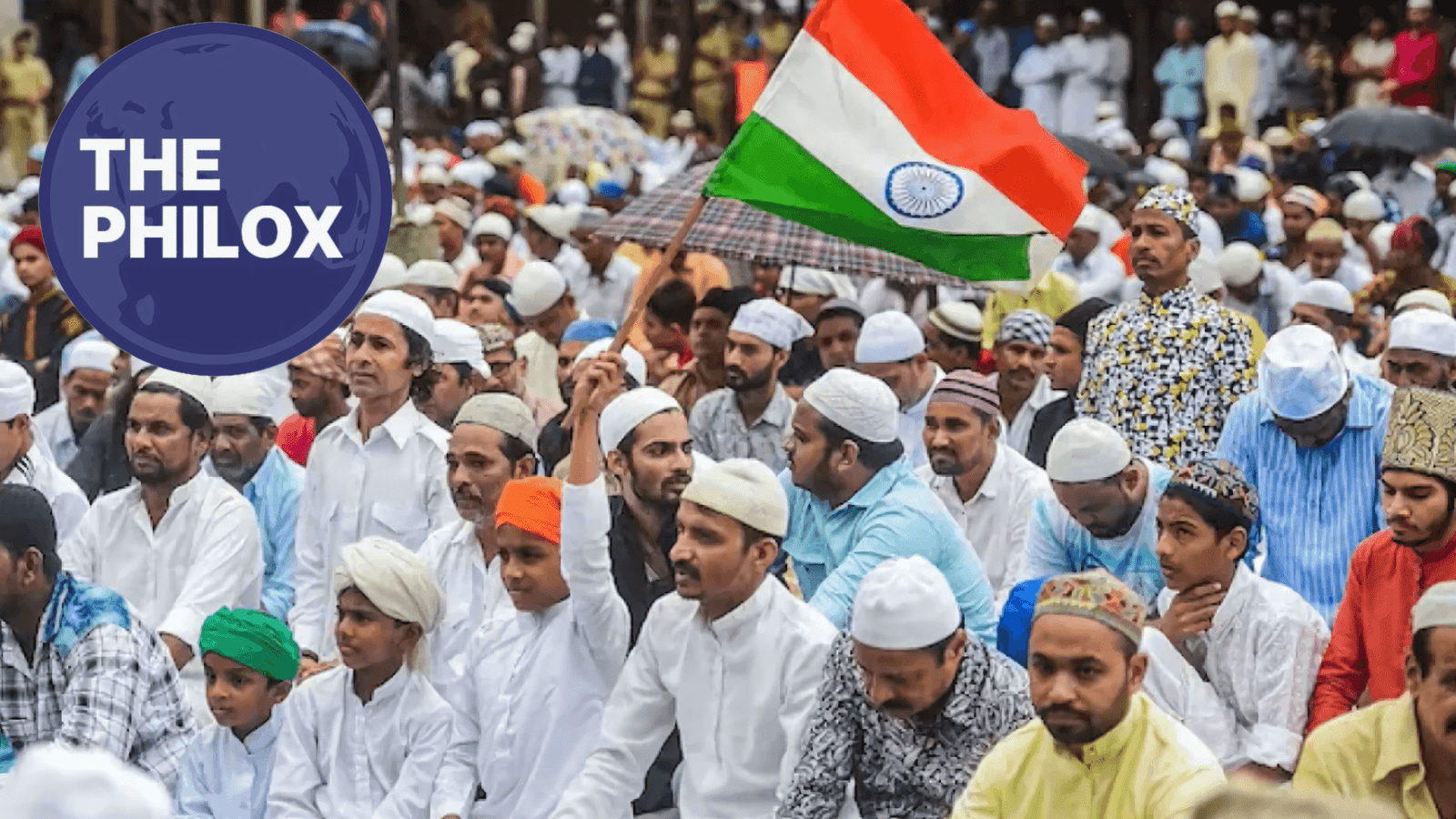
Saad Hafiz is a Pakistani analyst and commentator on politics, peace, and security issues. He has written an article which reveals the muddle headed minds of the ‘intellectuals’ of the Indian subcontinent.
https://www.eurasiareview.com/29092024-a-roadmap-to-reconciliation-oped/
I confess I could make neither head nor tail of this article.
Let us read the first 3 paragraphs, and try to find out whether they make any sense.
The first 2 paragraphs state :
” The growing divide in Pakistan is very worrying and threatens the country’s stability. Instead of trying to find common ground or understand different perspectives, the focus now is on defeating the other side. Each party sees the other as an enemy that must be beaten at any cost, which is very alarming and puts the country’s future at risk.
Pakistan’s political and social discussions often focus on winning at all costs instead of finding common ground. This intense focus on defeating opponents has led to increased conflicts, distrust, and even violence, as rival groups fight for power instead of working towards mutual understanding. Trying to blame someone for these dangerous conditions would be pointless ”.
Now what is Saad Hafiz trying to say ? Is he talking of the hostility between the ruling PDM alliance and Imran Khan’s PTI ? Or is it about the hostility between the Pakistan army and the PTI ? Why does he not speak clearly ?
Then in the 3rd para he writes :
” We need a plan for reconciliation that is not tied to any political party. Making changes to the constitution that cause disagreements would not help at this important time. Also, rallies against the government that make people angry could lead to fighting, injuries, and harsh actions, which would not help. During times of political and social unrest, having a leader with big ideas is very important for shaping what happens ”.
Again, this is obscure and mind boggling. What exactly is Saad Hafiz trying to say ? He says that in Pakistan a plan is needed for reconciliation. But what plan does he suggest ? He suggests nothing, except some vague generalities. It is like the Biblical ‘peace that passeth all understanding’ ( Philippians 4:7 ).
Then follow homilies, sermons, cliches, platitudes, and high sounding but vague, nebulous, murky and equivocal generalities, which remind one of the words in Shakespeare’s Macbeth ” It is a tale, told by an idiot, full of sound and fury, signifying nothing ”.
” It is worth remembering that open, inclusive political discussions are the best way to address important issues in our country. When politicians and civil society talk respectfully and work together, they can find common ground, bridge divides, and come up with practical solutions that meet the urgent needs of all Pakistanis. This joint effort, based on mutual understanding and a real commitment to national progress, can create new paths for sustainable development, social unity, and strengthening our democracy.
Political and social leaders need to act decisively to reduce tensions in society. They need to strongly condemn the use of violent, hateful, and inflammatory language, as it only makes things worse. Instead, leaders should tell people that they expect civility, mutual respect, and nonviolence ”.
Public figures who have a big influence should be more careful with what they post on social media. They often share false information and conspiracy theories that make online conversations bad. If these leaders are more thoughtful, honest, and helpful on social media, they can make online conversations kinder and more productive.
Leaders need to understand and care about others, and not treat people with different views as less important or dangerous. This can lead to violence. Instead, leaders should show that everyone has similar hopes and worries, and appeal to our shared humanity. It’s important to create more understanding, kindness, and recognition of our shared experiences to bring people closer together.
Open and honest conversations are the best way to navigate a country’s complex political landscape and build a more stable, fair, and prosperous future. By addressing the main causes of unhappiness and having inclusive discussions, governments can stop the destructive effects of large protests and work toward long-lasting peace and progress.
It is crucial to establish a new public culture based on transparent democratic governance. This culture must give power to and highlight the diverse voices and perspectives of the people. While it is challenging to break down existing power structures and address historical grievances, a genuine commitment to restorative justice, equal protection under the law, and redefining national identity around shared democratic values can help heal Pakistan’s troubled past ”.
What does all this mean ? To me it sounds empty and hollow rhetoric, bombast, rant, bluster, grandiloquence, rodomontade, and claptrap.
He concludes wih this peroration and shibboleth : :
” The country must protect the rights and dignity of all its citizens to establish lasting peace, stability, and prosperity. However, achieving this will be a challenging, long-term process that needs sustained political will, civil society support, and a nationwide reevaluation. Despite the difficulties, this is a crucial step for Pakistan to overcome its history of oppression and division, and become a truly united, democratic, and diverse nation ”.
But how can Pakistan be a united and democratic nation when it has been declared to be an Islamic State ? By making this declaration, and incorporating it in its Constitution, the non Muslim minority automatically become second ( or third ) rate citizens, and are often persecuted because of their faith. .
The difficulty for Saad Hafiz is the same as that for all Pakistani ‘intellectuals’ : they dare not speak the truth, that the problem with Pakistan was its very creation as an Islamic state, by a British swindle called Partition, on the basis of the bogus two nation theory. People like Saad Hafiz dare not speak the truth that Pakistan is a fake, artificial country, and that it is really part of India, sharing the same culture, and that we were one for 500 years since the time of Moghul Emperor Akbar.
https://justicekatju.com/pakistan-farzi-mulk-hai-c687b2acb77b
https://timesofindia.indiatimes.com/blogs/satyam-bruyat/the-truth-about-partition/
https://www.nation.com.pk/02-Mar-2013/the-truth-about-pakistan
Therefore the solution of most of Pakistan’s problems is reunificaion of India, Pakistan, and Bangladesh under a secular government, led by modern minded, patriotic and selfless leaders like Mustafa Kemal of Turkey, who are determined to rapidly industrialise and modernise the reunited country, and give its people a high standard of living and decent lives.
But speaking against Partition is a criminal offence in Pakistan under section 123A of the Pakistan Penal Code, which carries a sentence of upto 10 years imprisonment. So Saad Hafiz and other Pakistani ‘intellectuals’ dare not speak the truth, just as despite Copernicus’ heliocentric theory ( that the earth goes around the sun ), propounded in 1543, people could not dare to openly support it, even after realising its truth, because one could be burnt at the stake by the Inquisition for doing so, as it was against the Biblical geocentric theory ( that the sun goes around the earth ), and speaking against the Bible was a capital offence at that time. Galileo, one of the greatest scientists of the world, who supported Copernicus’ theory, only survived the Inquisition by recanting in 1633.
https://indicanews.com/justice-markandey-katju-a-call-to-indian-patriots/
https://indicanews.com/justice-markandey-katju-indian-reunification-is-an-idea-whose-time-has-come/
https://indicanews.com/justice-markandey-katju-independence-day/
https://indicanews.com/justice-markandey-katju-a-response-to-dr-akbar-ahmed/
Saad Hafiz does not also dare to speak the truth that only a mighty united protracted people’s struggle, culminating in a historical people’s Revolution, led by patriotic, modern minded leaders, can solve the basic socio-economic problems of the people of the Indian subcontinent viz massive poverty, massive unemployment, appalling level of child malnutrition ( every second child in India is malnourished, according to Global Hunger Index, and the same would be the position in Pakistan ), skyrocketing prices of essential commodities like food, fuel and medicines, almost total lack of proper healthcare, good education and housing for the masses, etc.
https://indicanews.com/justice-markandey-katju-the-task-before-indian-patriots/
https://indicanews.com/justice-markandey-katju-the-coming-storm-in-india/
https://justicekatju.com/the-coming-great-revolution-in-india-675951a0ad4e
https://indicanews.com/justice-markandey-katju-the-grand-indian-theorem/
https://timesofindia.indiatimes.com/blogs/satyam-bruyat/a-french-revolution-is-approaching/



